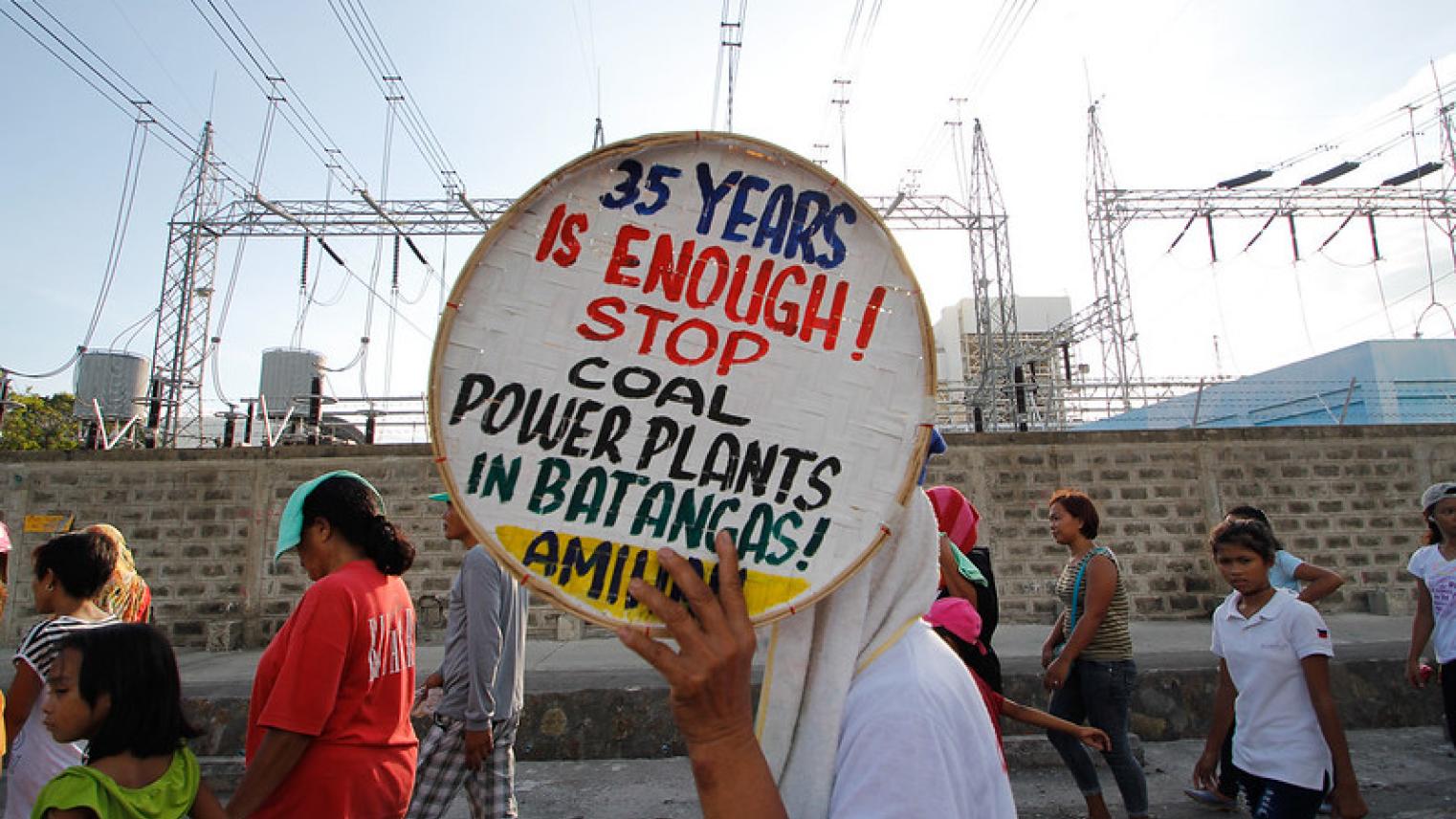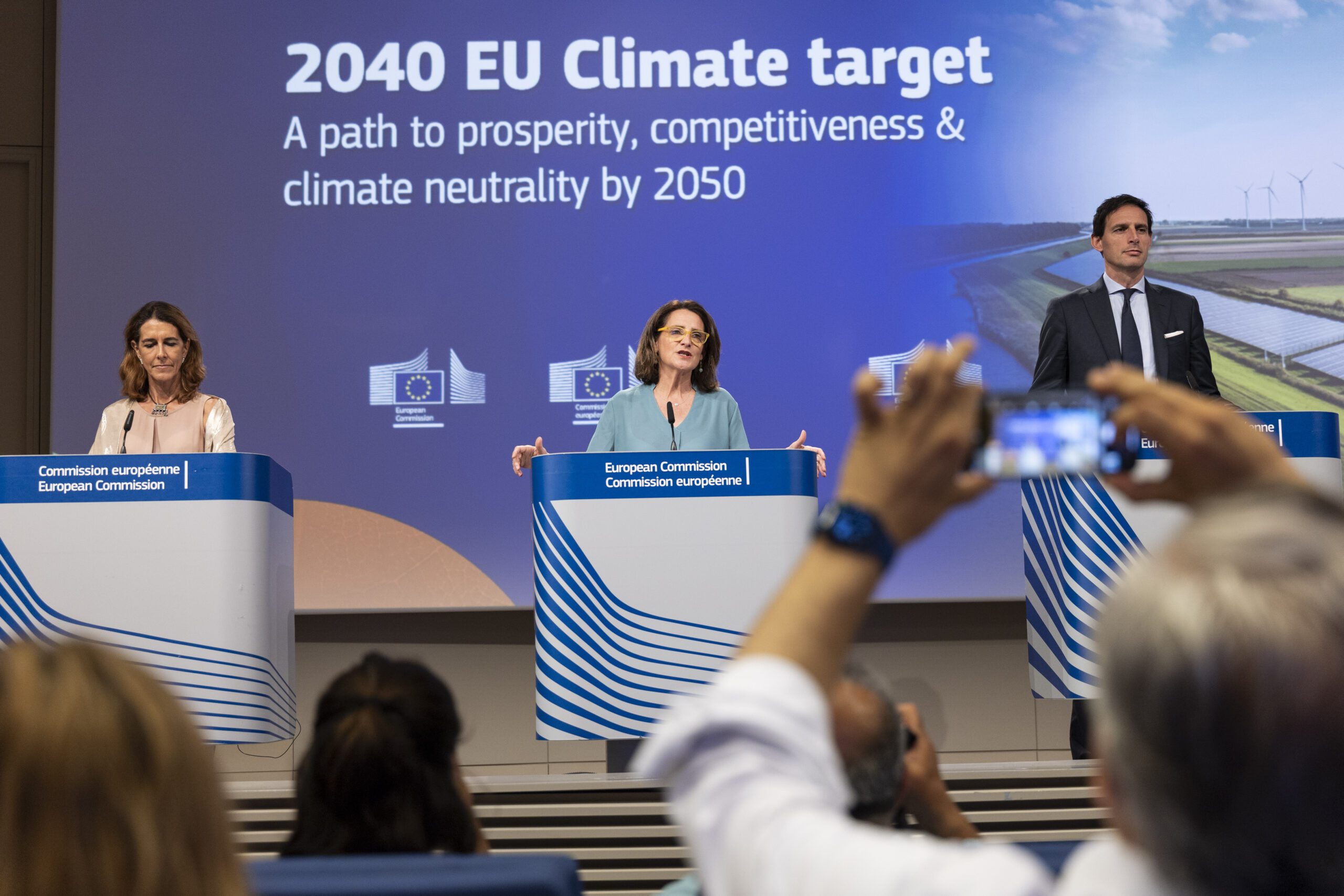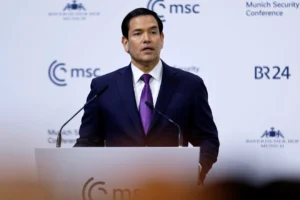Key Impact Points:
- State-Level Climate Rules Gain Momentum: States like Illinois and New York push forward with mandatory climate disclosure, countering federal inaction.
- Federal Supplier Rule’s Broad Reach: Upcoming Federal Supplier Climate Rule set to impact large sectors despite potential regulatory changes.
- Chevron’s ESG Setback: Chevron faces challenges amid the broader ESG pushback, highlighting the tensions in climate-related corporate governance.
Despite resistance from some corporate sectors, the push for climate disclosure in the U.S. is gaining momentum, driven by state-level initiatives and impending federal rules. According to a report by Sustainable Fitch, the recent developments underscore a growing trend towards transparency in environmental impact, even as major players like Chevron face setbacks.
State-Level Rules Lead the Charge
In the absence of comprehensive federal mandates, individual states are stepping up. Illinois and New York are drafting significant climate disclosure bills that build on California’s existing regulations. These state-level actions are poised to enforce mandatory climate disclosures, expanding the scope to include thousands of businesses operating within these states.
- State Power: “Policymakers hold considerable reach in imposing regulatory requirements directly linked to doing business in their states,” notes Sustainable Fitch.
- Economic Weight: Both Illinois and New York rank among the top five GDP contributors, amplifying the impact of their proposed regulations.
Change the World - Subscribe Now
Federal Supplier Climate Rule
On the federal front, the upcoming Federal Supplier Climate Risks and Resilience Rule, part of the Federal Acquisition Regulation (FAR), aims to increase disclosure requirements for government suppliers. This rule will require significant contractors to disclose greenhouse gas emissions and, for major contractors, to also disclose climate-related financial risks and set emission reduction targets.
- Federal Influence: With the U.S. government as the largest single buyer of goods and services, this rule has substantial implications for climate disclosure across various industries.
- Future Uncertainty: The rule’s future is uncertain, with potential vulnerability to repeal if there’s a change in administration in 2025.
Chevron’s ESG Challenges
Amid these regulatory advancements, Chevron’s struggles reflect the broader challenges faced by companies navigating the evolving ESG landscape. Despite the pushback, the drive for transparency and accountability in climate-related corporate practices continues to gain ground.
The ongoing developments highlight a critical juncture in the U.S. approach to climate disclosure, with state-level actions providing momentum in the face of federal gridlock and corporate resistance. As these regulations take effect, businesses must adapt to meet the growing demands for environmental transparency and responsibility.
Related Article: Treasury and IRS Finalize Rules to Boost Clean Energy Jobs and Workforce

 Follow SDG News on LinkedIn
Follow SDG News on LinkedIn











